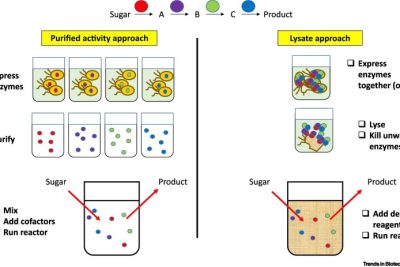
What is Bolívar's impact on Venezuela's independence
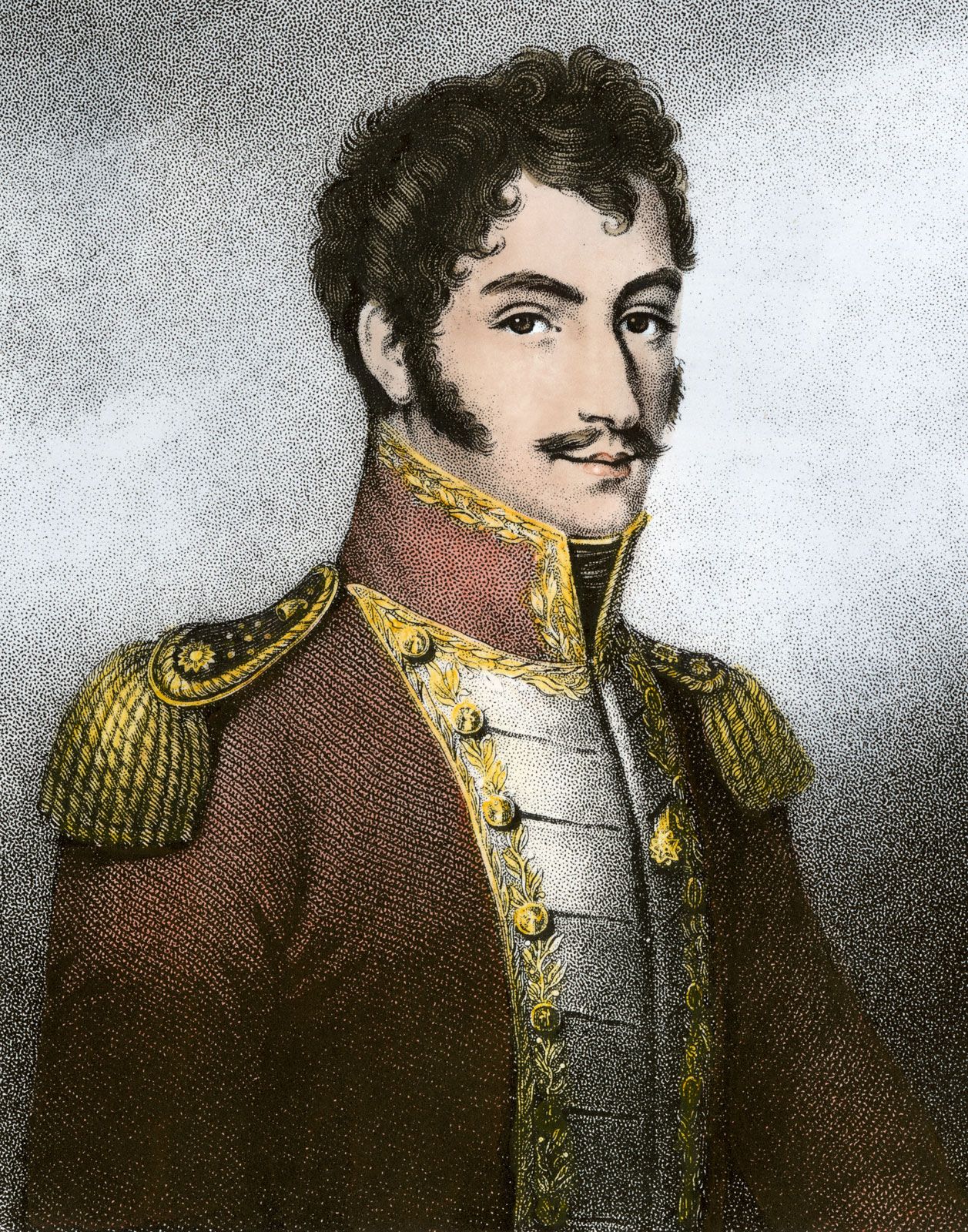
The quest for independence in Venezuela was marked by the involvement of key figures, none more prominent than Simón Bolívar. As Venezuela sought to liberate itself from Spanish rule, the strategies and vision of Bolívar played a pivotal role in shaping the region's future. Understanding Bolívar's impact on Venezuela's independence is essential to grasping the evolution of Venezuelan identity and the subsequent political landscape.
Amidst the fight for liberation, regional rivalries began to emerge, complicating Bolívar's initial goals of unity and stability. The interplay between Bolívar's ambitions and these growing divisions set the stage for Venezuela's eventual separation from Gran Colombia. This article explores the profound influence Bolívar had during the independence movement, focusing on the historical context, his military campaigns, and the lasting legacy that shapes Venezuela to this day.
- The Historical Context of Venezuela's Independence
- Simón Bolívar: The Liberator and His Vision
- The Formation of Gran Colombia and Its Significance
- Bolívar's Legacy: Triumphs and Disappointments
- The Aftermath of Bolívar's Era: Political Turmoil
- Lasting Impacts of Bolívar's Leadership on Modern Venezuela
- Conclusion: Bolívar's Enduring Influence on Venezuelan Identity
The Historical Context of Venezuela's Independence
The early 19th century was a tumultuous time for colonial territories across Latin America, as feelings of nationalism surged in response to European control. Venezuela, located in the northern part of South America, experienced a growing discontent against Spanish colonial rule due to social injustices and economic exploitation. Creole elites, like Bolívar, began advocating for self-governance, which laid the groundwork for the independence movement.
Additionally, the political changes in Europe, including the Napoleonic Wars, played a formidable role in the independence efforts, as Spain became vulnerable and unable to maintain its colonial territories effectively. Influenced by Enlightenment ideas, the struggle for autonomy transformed into a quest for complete independence in the face of declining imperial authority.
Simón Bolívar: The Liberator and His Vision
Born in Caracas in 1783, Simón Bolívar belonged to a wealthy Creole family, providing him with a privileged education and exposure to revolutionary ideas. Bolívar's vision extended beyond just freeing Venezuela; he aimed to unify all of Spanish America into a single federation known as Gran Colombia. His ambition stemmed from a belief in republican ideals and a united front against colonialism.
Bolívar's determination and charisma helped galvanize support among the population, leading to numerous uprisings. He famously declared, "We must be free or die," motivating his fellow countrymen to join the fight for independence. His leadership transformed the independence movement into a powerful force, making him the central figure in shaping Venezuela’s destiny.
Key Military Campaigns and Strategic Victories
Bolívar's military strategy involved a series of key campaigns characterized by both ingenuity and audacity. His early victories, such as the Battle of Carabobo in 1821, were crucial in asserting control over Central Venezuela. The triumph at Carabobo marked a decisive shift against royalist forces, further empowering Bolívar and his followers.
Throughout his military campaigns, Bolívar adopted unconventional tactics, often leveraging the terrain to his advantage. His campaign in the Andes demonstrated his ability to adapt to changing conditions and exploit enemy weaknesses. These strategic victories bolstered Bolívar's reputation as “El Libertador” and solidified his pivotal role in the liberation of several nations, including Peru and Bolivia.
The Formation of Gran Colombia and Its Significance
In 1819, Bolívar proclaimed the establishment of the Republic of Gran Colombia, uniting modern-day Venezuela, Colombia, Ecuador, and Panama. This federation was envisioned to provide stability and mutual support among these territories as they navigated the challenges of independence. Bolívar’s leadership within Gran Colombia aimed to promote trade, foster economic ties, and maintain political unity against external threats.
However, the formation of Gran Colombia was not without challenges. Differences in regional interests and political ideologies soon emerged, creating a rift between the provinces. Bolívar's struggle to maintain cohesion in the federation showcased the complexities of governing diverse territories with distinct needs and aspirations.
Regional Rivalries and the Separation of Venezuela
As Bolívar focused on various military objectives, regional rivalries intensified within Gran Colombia. Contrasting visions among leaders and growing local sentiments led to friction between Venezuelans and their Colombian counterparts. In 1829, the pressures of these rivalries culminated in the separation of Venezuela from Gran Colombia, revealing the fragility of Bolívar's dream for a united Spanish America.
Despite his considerable efforts and military successes, Bolívar faced profound disillusionment. His belief in unity was systematically undermined by political factions and infighting among regional leaders. The eventual breakup of Gran Colombia represented not only a personal defeat for Bolívar but also highlighted the broader challenges of governance in newly independent nations.
Bolívar's Legacy: Triumphs and Disappointments
Simón Bolívar's legacy as a revolutionary leader remains ambiguous, marked by both tremendous triumphs and significant disappointments. His achievements in liberating multiple countries have earned him eternal reverence, symbolizing the hope and resilience of oppressed peoples. Conversely, his inability to sustain the unity of Gran Colombia became a source of personal and political regret.
Bolívar's vision for a united Latin America was hindered by local leaders and political factions, which ultimately led to his disillusionment. His death in 1830, amidst the backdrop of growing regional tensions, reflected the challenges of leadership in a fragmented post-colonial landscape. Nonetheless, his contributions continue to resonate in the consciousness of Venezuelans and Latin Americans alike.
The Aftermath of Bolívar's Era: Political Turmoil
Following Bolívar's passing, Venezuela entered a period of profound political turmoil, characterized by military rule and the rise of caudillos. José Antonio Páez emerged as one of the first caudillos, initially promoting stability and economic recovery. However, as conflicts between Liberals and Conservatives erupted, political instability became the norm.
The resulting civil wars often reflected deeper societal issues such as federalism, land reform, and the distribution of power. With each caudillo, Venezuela oscillated between periods of relative peace and civil strife, shaping the political landscape in the decades following Bolívar's reign.
The Role of Caudillos in Shaping Venezuela's Future
The rise of caudillos significantly influenced Venezuela's political evolution. Leaders like Páez and later Guzmán Blanco wielded substantial power, prioritizing personal ambitions over national unity. This pattern of governance highlighted the challenges that Bolívar failed to address: the issues of authority, regional disparities, and social justice.
As military strongmen took control, the original ideals of Bolívar's vision became increasingly elusive. Their rule was often characterized by oppression, authoritarianism, and a lack of democratic governance, underscoring the ongoing struggle for true independence. This political instability set the stage for Venezuela's profound economic and social challenges in the years to come.
Lasting Impacts of Bolívar's Leadership on Modern Venezuela
Despite the tumultuous history that followed Bolívar’s death, his legacy has left an indelible mark on Venezuelan identity. Bolívar represents the struggle for freedom, resilience in facing oppression, and the continued aspiration for a more equitable society. As Venezuela grapples with contemporary challenges, the spirit of Bolívar's vision remains significant, inspiring movements for social justice and democracy.
Modern Venezuela continues to face various issues, including economic instability and political polarization. The ideals of autonomy and liberation that Bolívar championed resonate with contemporary calls for revolutionary change, where many seek to reclaim a sense of national identity and purpose. The fluctuations of Venezuelan politics often echo the same regional rivalries that Bolívar contended with, demonstrating the cyclical nature of political history.
Conclusion: Bolívar's Enduring Influence on Venezuelan Identity
The influence of Simón Bolívar on Venezuela's independence and identity is profound and far-reaching. His unwavering commitment to liberation and unity highlights the complexities of power and governance in a newly independent nation. Bolívar’s vision, even amid regional rivalries and political turmoil, continues to resonate in the hearts of Venezuelans today.
As Venezuela navigates its path through modern challenges, Bolívar's legacy serves as both a reminder of the past's struggles and an inspiration for the future. The essence of Bolívar's fight for independence and social justice remains integral to the nation's aspirations, calling for a collective effort to face the ongoing challenges head-on and strive for a more unified and just Venezuela.
Did you find this article helpful? What is Bolívar's impact on Venezuela's independence See more here Education.
Leave a Reply

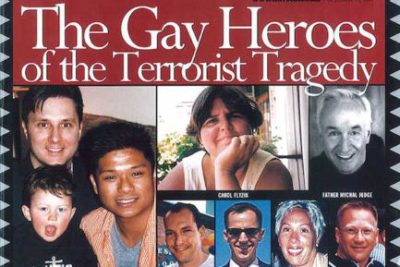
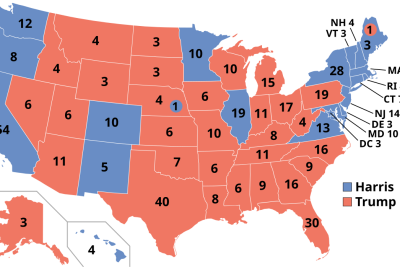
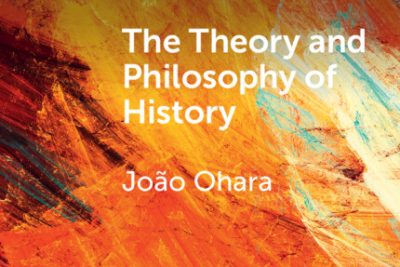
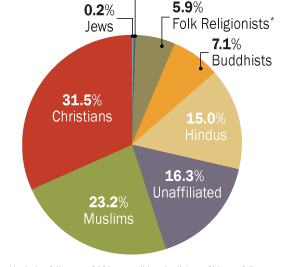
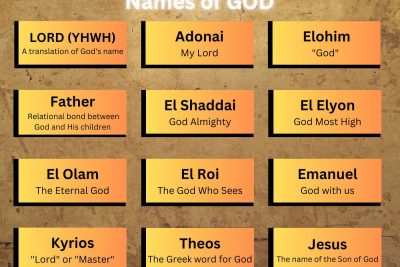
Related posts